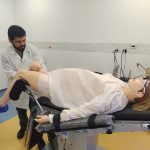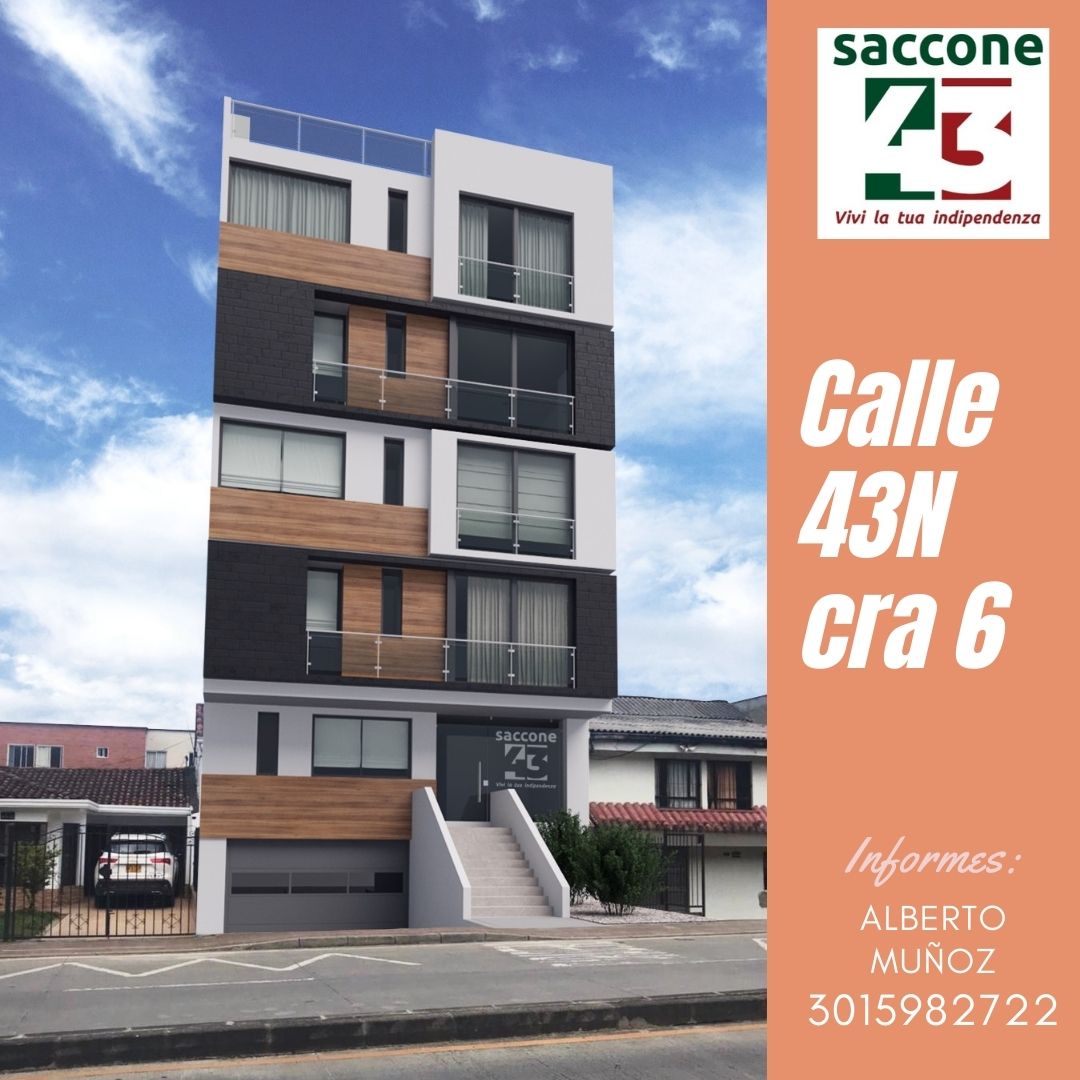To guarantee the safety of patients, the Universidad del Rosario launched the Advanced Center for Clinical Simulation and Technological Innovation.
Surgeons and students of medicine and health sciences have at their disposal the best equipment to simulate high, medium and low complexity surgical interventions, as well as other clinical interventions, before practicing them directly on patients, thanks to the new Advanced Simulation Center Clinic and Technological Innovation launched by the Universidad del Rosario.
“Just as pilots spend many hours in flight simulators before flying their first plane, the country’s surgeons and medical and health sciences students will be able to simulate multiple surgeries, for example, prostate, pancreas, colon, surgery cardiac arrest or cardiopulmonary resuscitation”, said Alejandro Cheyne, rector of the institution, in the presentation of this highly complex training center.
Future and current surgeons, and students in general, will have real training in the clinical situations that health professionals face on a day-to-day basis, said Cheyne, noting that they will have one of the best immersions in clinical and surgical simulation prior to patient care.
“We put the Advanced Center for Clinical Simulation and Technological Innovation at the service of health education, which has one of the best technological infrastructures in the country and in Latin America, given the high complexity of the training that is carried out in clinical, surgical and the bases for the teaching of robotic surgery”, said the rector of the Universidad del Rosario.
Surgeons trained for patient safety
“Patient safety is very important to us. When one is trained through simulation, he has, like the pilots, many hours of flight before facing a real plane. So this is going to affect the well-being of people, because they are going to be exposed to professionals who have very complete training and that gives security for the provision of care services”, highlighted Gustavo Quintero, dean of the School of Medicine. and Health Sciences from the Universidad del Rosario.
“Everything that one does for the benefit of the end user, who is the patient, has a direction that directly impacts clinical practice, without forgetting that the purpose of education is none other than the well-being of the people,” explained Quintero, a doctor and surgeon who performed the first liver transplant in the capital.
State-of-the-art simulation equipment
The Advanced Center for Clinical Simulation and Technological Innovation of the Universidad del Rosario has robust equipment for advanced simulation, including state-of-the-art patient simulators, such as iStan and others, and for robotics education, which in alliance with Grupo Amarey -formerly Insimed- will allow continuing with education programs at this level.
“The Da Vinci robot will allow us to continue forming multidisciplinary teams, which are essential in the operating room to help the surgeon in robotic surgery,” said Dean Gustavo Quintero.
The center also has the basic simulation equipment that the School of Medicine and Health Sciences of the Universidad del Rosario had at its Quinta de Mutis Headquarters for intubation, airway management, and newborn mannequins, to name a few.
Yury Bustos, director of the center and professor at the institution, explained that there are also low-fidelity simulators, that is, those that simulate a part of a human body and where a simple procedure is performed. Medium fidelity, which are simulators that look more like a human. And high fidelity, which are practically robots that have physiological responses like a human being, which makes the experience for the student more real.
The center also handles experimental surgery, since it is equipped and has the capacity to perform surgery on animal models, which helps to generate research in new surgical techniques, Bustos highlighted.
This simulation space will be useful in other fields, not only in health, because it will be possible to carry out simulations of another nature in the human sciences, in communication, in the development of ethical processes, in language constructions, among others. It is a space that is not reduced solely to clinical simulation.
Given the expertise and recognition of the School of Medicine and Health Sciences of the Universidad del Rosario in the field of simulation, the American Heart Association accredited it as an international training center for Latin America in basic cardiopulmonary rehabilitation programs and advanced.

